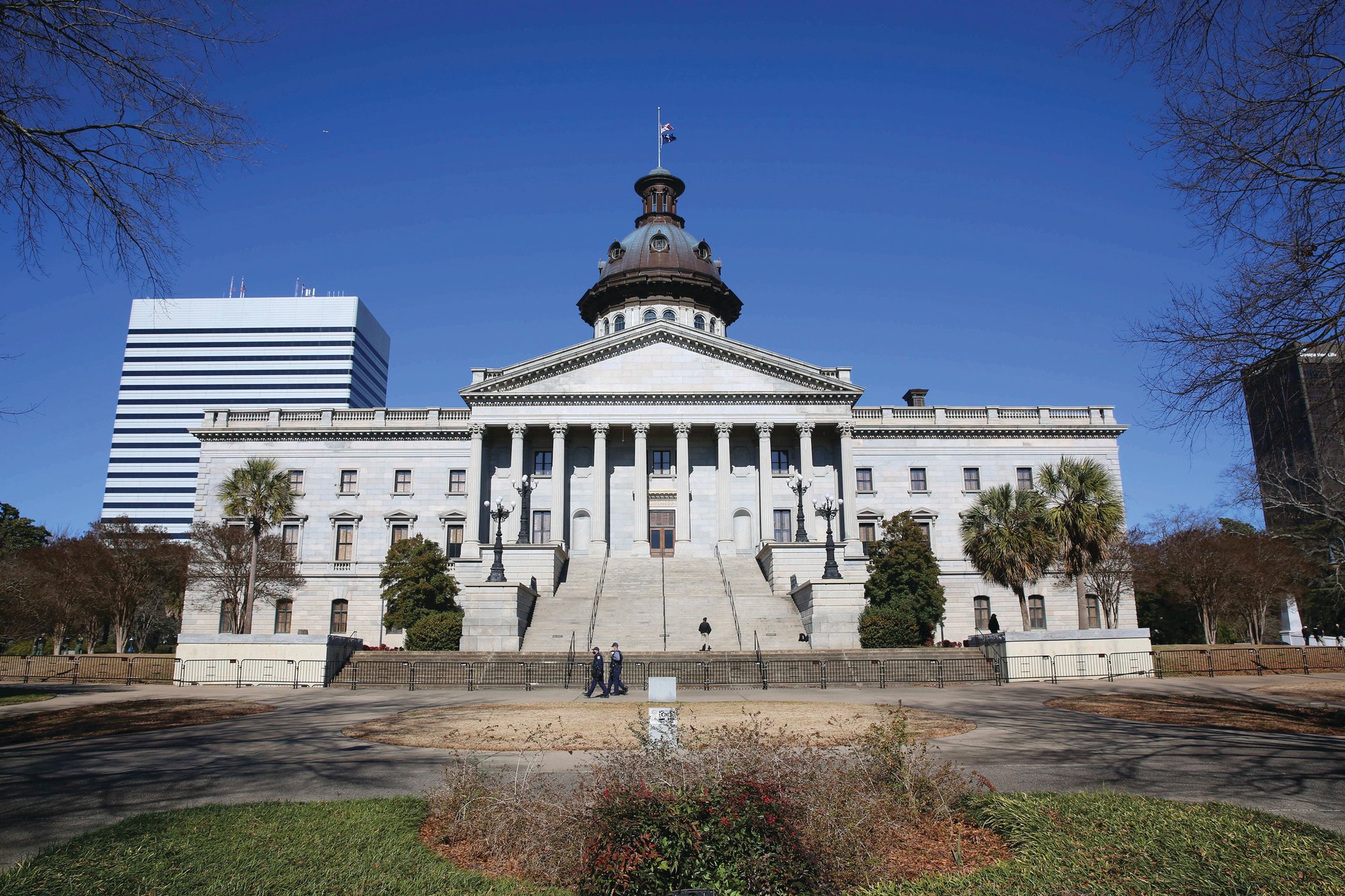South Carolina lawmakers end formal session, will return soon
The Associated Press
COLUMBIA - South Carolina's Legislature ended its regular session on Thursday, ceremonially wrapping up its duties but expecting at least several returns later in the year to handle more work, including how to spend federal funding related to the coronavirus pandemic.
How to deal with allocations from federal COVID-19 relief money will be top of the list. State senators last month approved a $10 billion spending package, which included an infusion of $1.7 billion in federal money and economic growth that was not previously part of a House-approved measure.
On the floor Wednesday, Senate Republican Leader Shane Massey said lawmakers could come back for several weeks in June to allow the House to complete its expanded budget work and also for chambers to consider conference reports. This summer, they'll return again to handle any vetoes Gov. Henry McMaster may issue on their budget.
Lawmakers will also plan to resurface in Columbia in the fall to wrangle with the redistricting of U.S. House seats, as well as their own state House and Senate jurisdiction boundaries, following last year's U.S. Census Bureau count.
The session's official end came amid a flurry of last-minute action on several Republican priorities in both chambers. On the session's penultimate day, House lawmakers signed off on changes to a bill allowing people with concealed weapons permits to carry their guns in the open, sending the measure to McMaster, who has said he will sign it.
In the Senate, lawmakers concurred with technical changes House members had made to an expansion of the state's death penalty options, to include a firing squad. The bill, also awaiting McMaster's signature, is intended to jump-start executions in a state that once had one of the nation's busiest death chambers, and will require condemned inmates to choose either being shot or electrocuted if lethal injection drugs aren't available.
A measure receiving copious attention officially became law but was immediately challenged in court. In February, Planned Parenthood sued South Carolina following enactment of a ban on nearly all abortions in the state, allowing felony charges for doctors found to have performed abortions after a fetal heartbeat is detected. The only exceptions are if the pregnancy was caused by rape or incest or if the mother's life is in danger.
Some pending bills will carry over to the second year of this two-year session and could resurface next year. A police reform bill creating uniform standards for departments across the state received key House approval Wednesday. Among other policies, the legislation would touch on hiring and firing practices, vehicle pursuit standards and body cameras. It would also require departments to limit the use of chokeholds and create a duty for officers to intervene when colleagues are abusing members of the public or prisoners.
A proposal allowing the use of medical marijuana remains on the Senate floor. The bill doesn't allow smoking marijuana, only using it as an oil, and doctors would have to prescribe the drug after an in-person visit and create a written treatment plan. Republican Sen. Tom Davis says the bill will come up for debate at the beginning of next year.
A bill that would ensure free parking in beach towns was approved by the Senate and received second reading in the House Wednesday. The legislation requires municipalities get approval from the state Department of Transportation before changing parking plans on state highway facilities.
Efforts to prevent transgender students from playing on girls sports teams in middle and high school failed twice in the House, a rare blow for conservative Republicans this session. The bill's detractors said the proposal harms children and could deter businesses from moving into the state, while supporters insisted that girls could lose playing time or college scholarship possibilities to transgender athletes without such legislation.
A Senate committee began hearings on the bill this month but did not vote on it.
More Articles to Read

